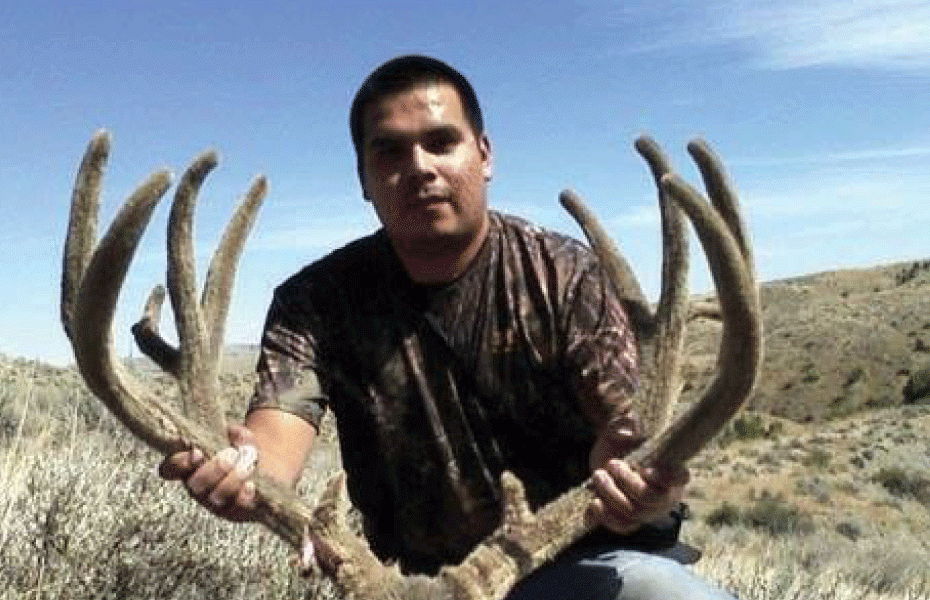
The Supreme Court has sided with a member of the Crow Tribe in Wyoming who had been charged and convicted with hunting elk out of season and without a license.
Trump-appointed Justice Neil Gorsuch sided with his left-leaning colleagues to argue that an 1868 treaty between the tribe and the U.S. government allows members of the tribe to hunt in “unoccupied” lands outside their reservation.
In 2014, Clayvin Herrera and several other Crow members pursued a group of elk past the boundary of the reservation and into the neighboring Bighorn National Forest. They shot several bull elk and returned to Montana with the meat.
The State of Wyoming charged Herrera with taking elk off-season or without a state hunting license and with being an accessory to the same.
Herrera appealed through both state and federal courts, citing a portion of an 1868 Treaty that granted Native Americans “the right to hunt on the unoccupied lands of the United States so long as game may be found thereon, and as long as peace subsists among the whites and Indians on the borders of the hunting districts.”
SEE ALSO: Joe Rogan Educates Vegan Actor Russell Brand on Benefits of Hunting
The lower courts rejected Herrera’s argument. They reasoned that, based on legal precedent, Wyoming’s admission into the Union negated the 1868 treaty between the Crow tribe and the federal government. In addition, the lower courts said, the Bighorn National Forest is categorically not “unoccupied.”
In her majority opinion, Justice Sonia Sotomayor reversed the lower court’s decision and argued that a 1999 SCOTUS ruling repudiated the idea that the tribe’s treaty rights had been abrogated when Wyoming became a state.
Quoting that decision, the justice argued, “[T]here is nothing inherent in the nature of reserved treaty rights to suggest that they can be extinguished by implication at statehood.”
Furthermore, there is not “any evidence in the treaty itself that Congress intended the hunting right to expire at statehood, or that the Crow Tribe would have understood it to do so,” Sotomayor said.
SEE ALSO: Supreme Court Rules Unanimously to Allow Alaska Man to Hunt Moose with Hovercraft
Sotomayor also rejected the idea that a national park should be considered “occupied” land. She stressed that the treaty term “unoccupied” must be interpreted as the Crows understood it, which, according to historical evidence, would have meant “free of residence or settlement by non-Indians.”
Wyoming does retain the power to impose nondiscriminatory regulations on tribal treaty hunting rights if those regulations are “necessary for conservation.” Sotomayor also granted that some portions of the Bighorn National Forest could be considered “occupied.”
But since much of the Bighorn National Forest does not contain residential dwellings, the court’s decision allows members of the Crow Tribe to hunt without following the rules and regulations imposed on residents of the state.
